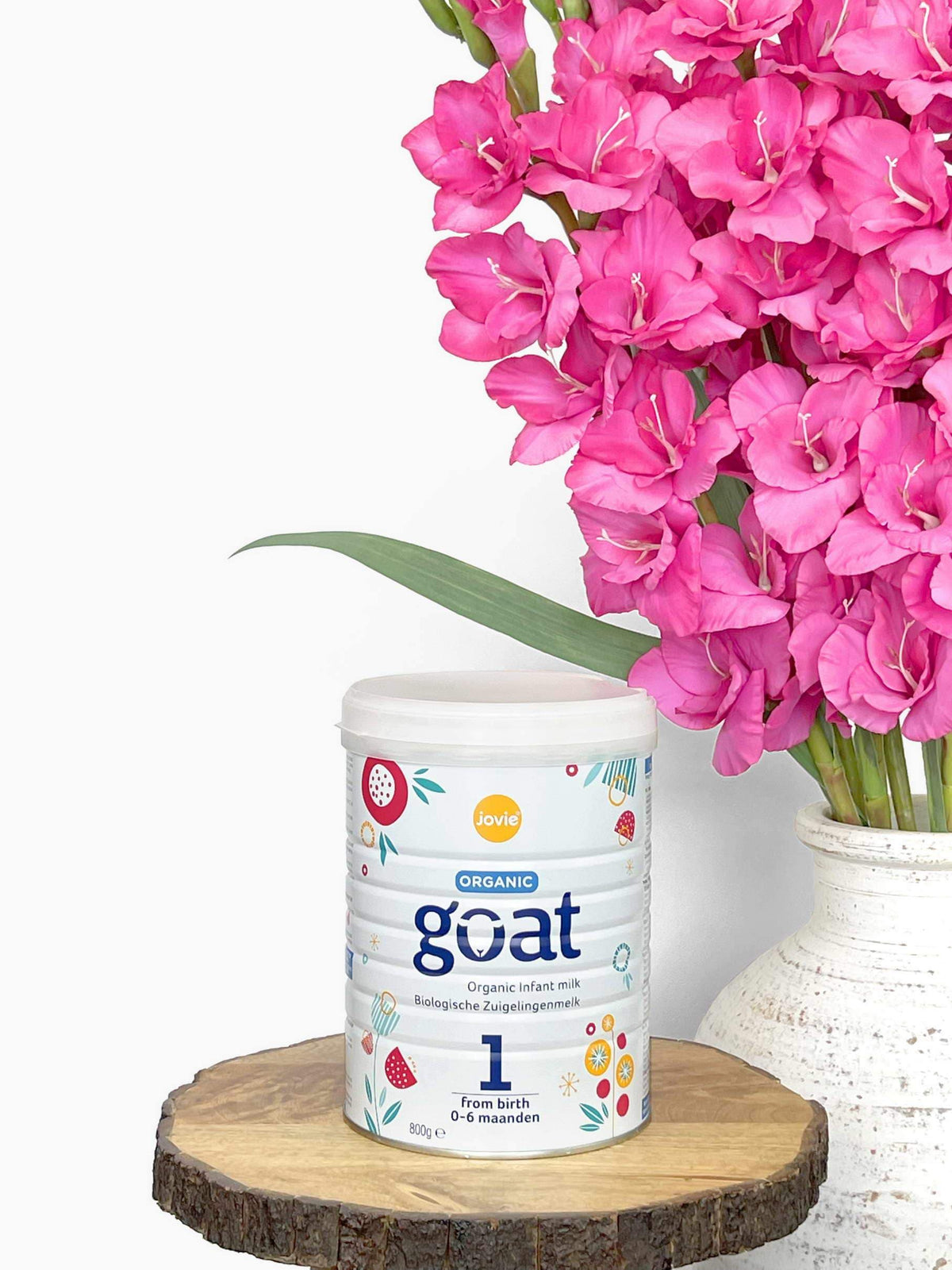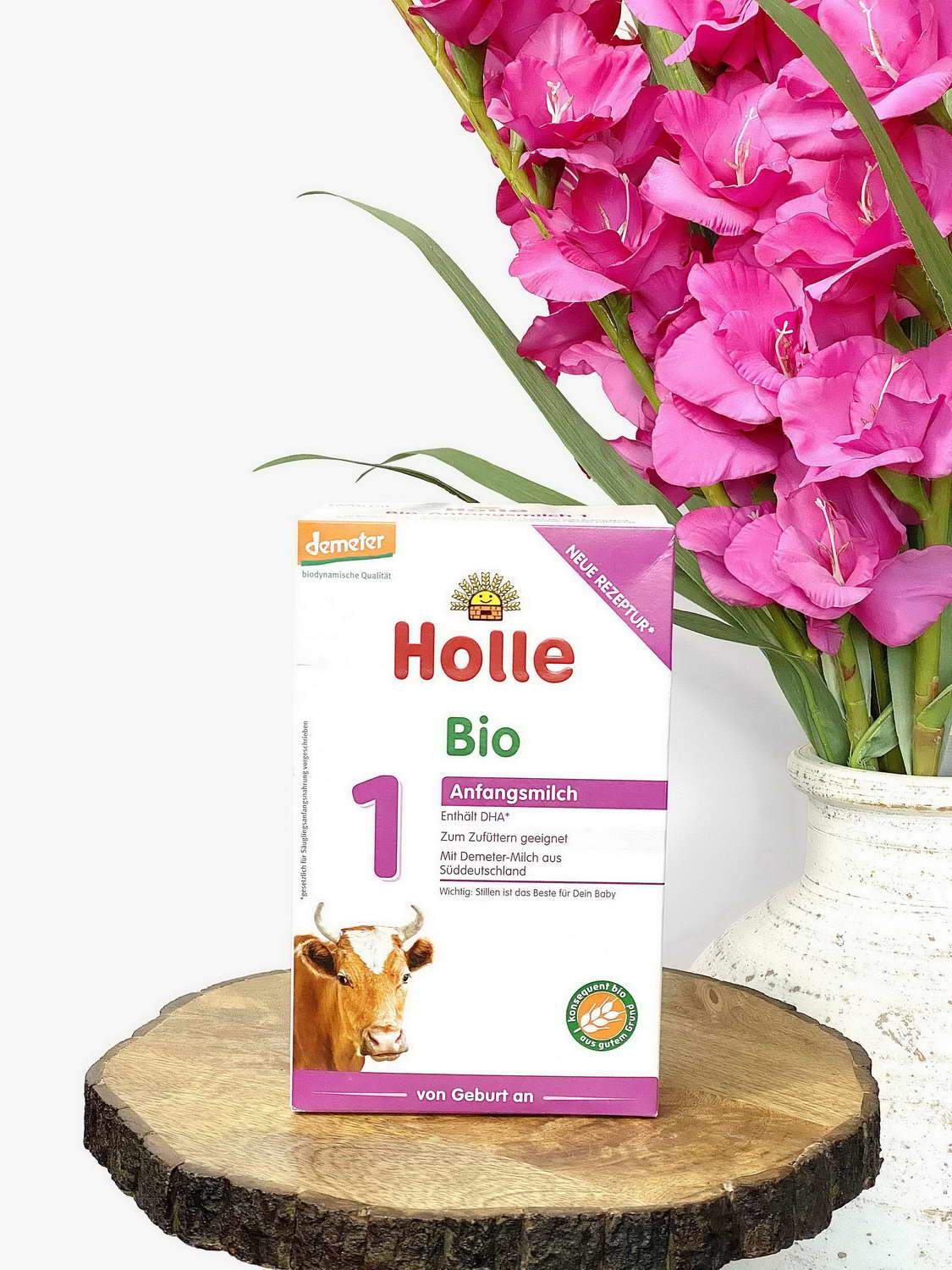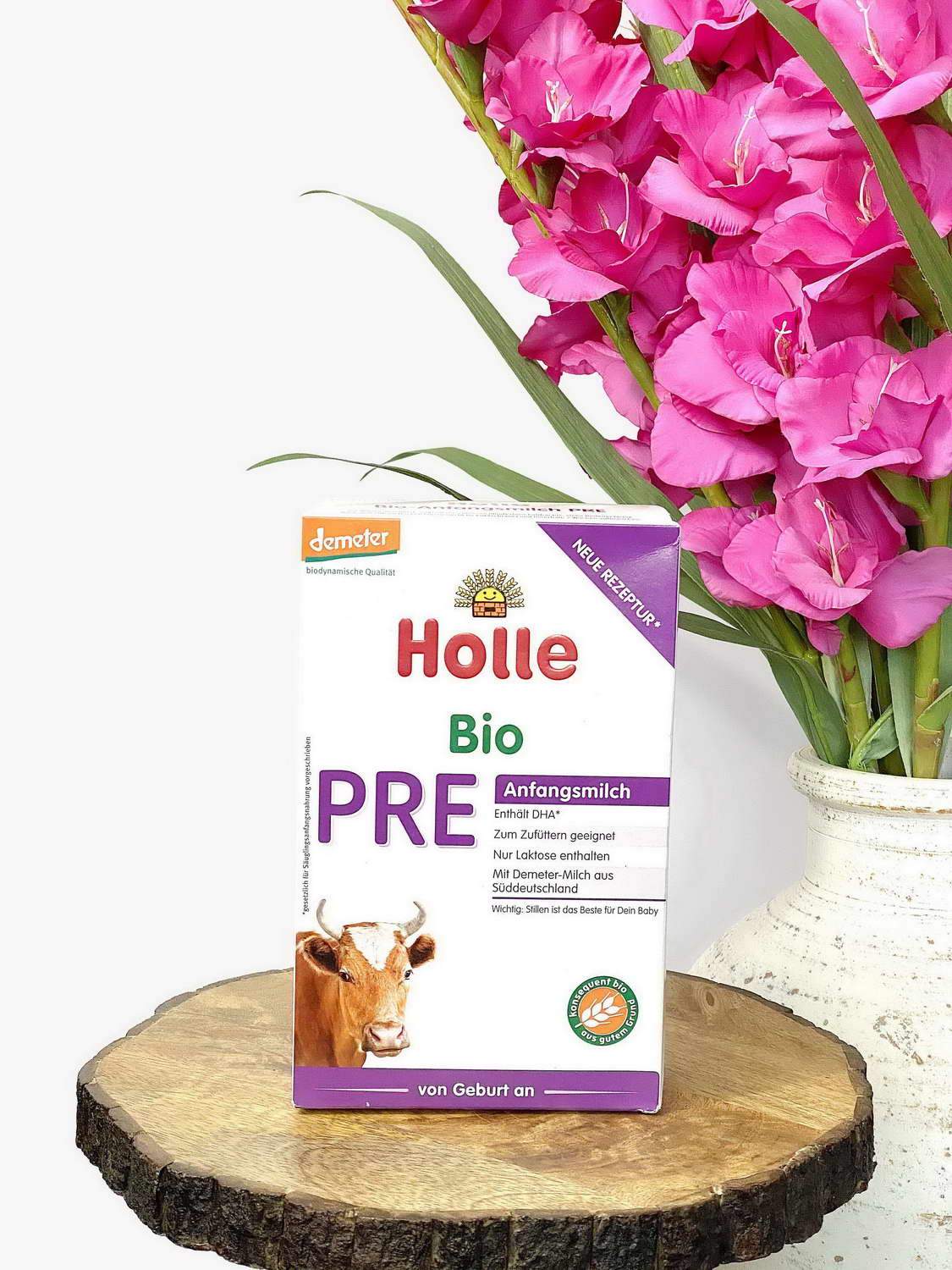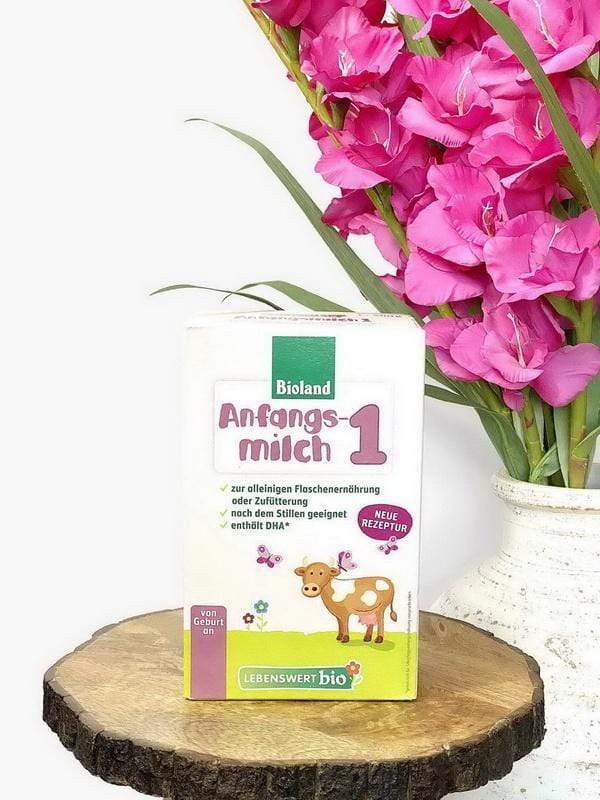As daunting as it can be, finding the right formula for your baby may be a process of trial and error.
If your baby has a known milk protein allergy, colic, gas, or other specific concerns, you can start with a formula for those issues and see how your baby reacts.
Otherwise, you can choose a formula that fits your ingredient preferences and a taste your baby prefers.
Call your pediatrician and ask for a recommendation if you need help figuring out where to start.























